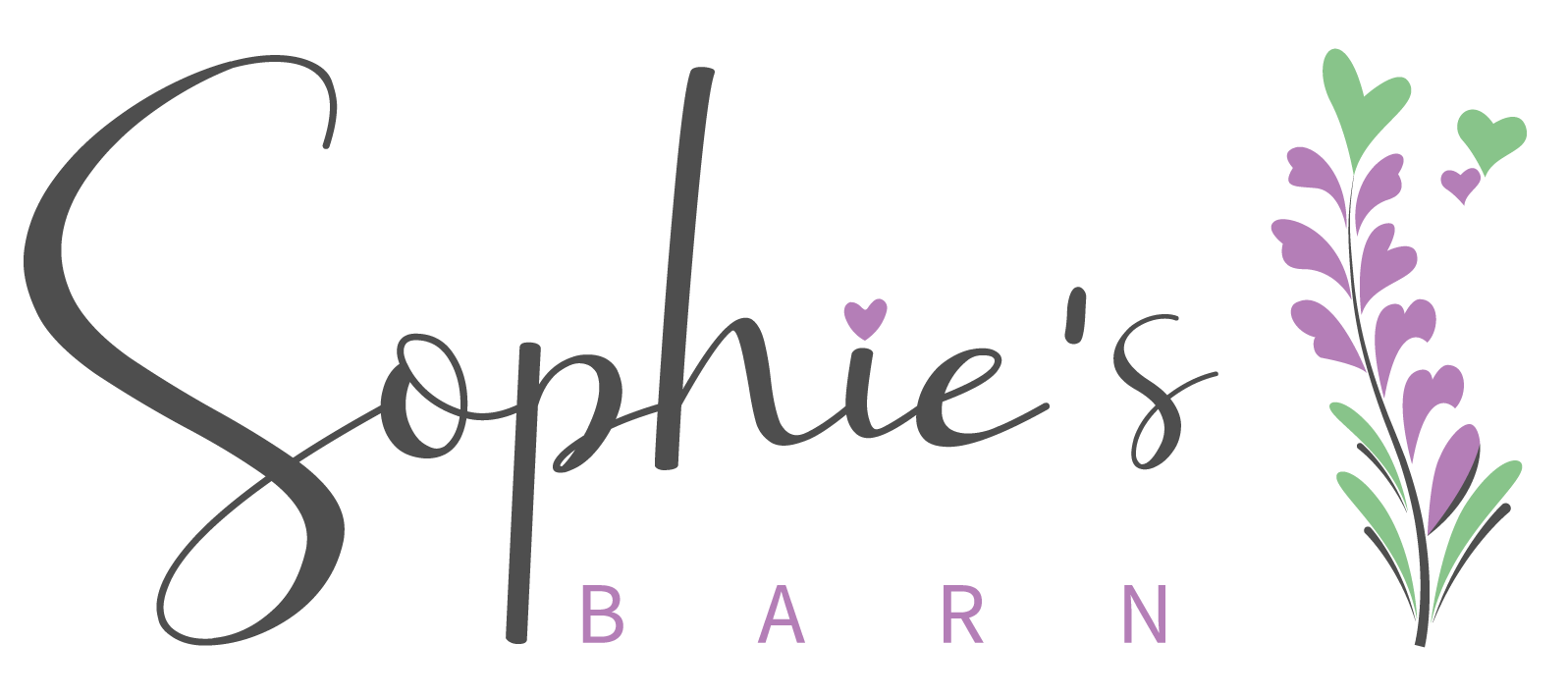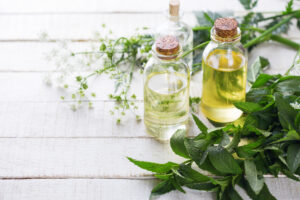Salt was demonised for years, but the tide is turning for this most fundamental molecule.
It is a flavour-enhancer, so manufacturers add it to processed foods by the bucket-load. While it’s true that consuming more than 2.3g of salt every day is too much of a good thing, making sure that you have adequate salt in your diet is also important.
For example, a bit of extra salt will help to reduce junk-food cravings and promote more efficient blood-sugar regulation. Getting enough salt can also boost the immune system and improve electrolyte balance.
There are many kinds of salt, each with its unique blend of minerals; principally, sodium, chloride, calcium, chlorine, magnesium, iodine, zinc, potassium and other trace elements. Industrially, salt is harvested from the sea, or mined. Sea and rock salts tend to get better press than refined table salt, but even in its pure form, salt is a powerful chemical with many incredible properties. In fact, some salts lauded as miracle cures actually contain traces of radioactive chemicals for example, pink Himalayan rock salt.
Pure salt is comprised of molecules of sodium chloride (NaCl) that form a crystalline structure. Salt acts on its surroundings in two ways: on a molecular level, via chemical interactions with other atoms, and also via the physical properties related to the way that salt will draw-in water. A cotton pad soaked in salty water is a nifty trick for puffy eyes for this reason.
Thalassotherapy, or seawater cures, have been practiced for centuries, and probably millennia. While there are some wild claims associated with mineral cures, there is also good evidence for a host of salt superpowers when applied to the skin.
Wound care: Salt is a powerful anti-bacterial agent, anti-viral agent (especially in hot water), and has anti-inflammatory properties. A strong mixture of hot, salty water is the perfect way to clean cuts, grazes and other minor wounds for children, adults and animals alike. Of course, if an infection takes hold despite this treatment, then you should consult a doctor. But you’ll be amazed at how many medical and veterinary appointments can be avoided by washing an area with salt water.
For the above reasons, salt is also excellent for acne, especially when used in conjunction with some apple cider vinegar. It also helps to reduce sebum production, getting to the root of the problem.
Eczema: While there are many other wonderful, natural ways to treat eczema, when it’s particularly inflamed and painful, then washing with salt can be enormously helpful. When applied in this way, the solution should not be too strong or it may sting.
Dandruff: Salt water and apple cider vinegar can also be used to combat the fungal infection behind many cases of dandruff.
Exfoliating: Because of its gritty texture, finely ground salt is a perfect exfoliating agent, so dusting yourself with some salt after a shower, rubbing it over the area you wish to exfoliate and then rinsing, is a fantastic ecological alternative to plastic microbeads.
Salty steam inhalations and washing your nasal passages with saline can also be hugely beneficial for hayfever sufferers and those with asthma. There are other ways in which consuming a little extra salt from time to time can be hugely beneficial, but this should not be done every day if you want to protect your heart and kidneys.
Right now though, I’m off to soak in a salty bath…




